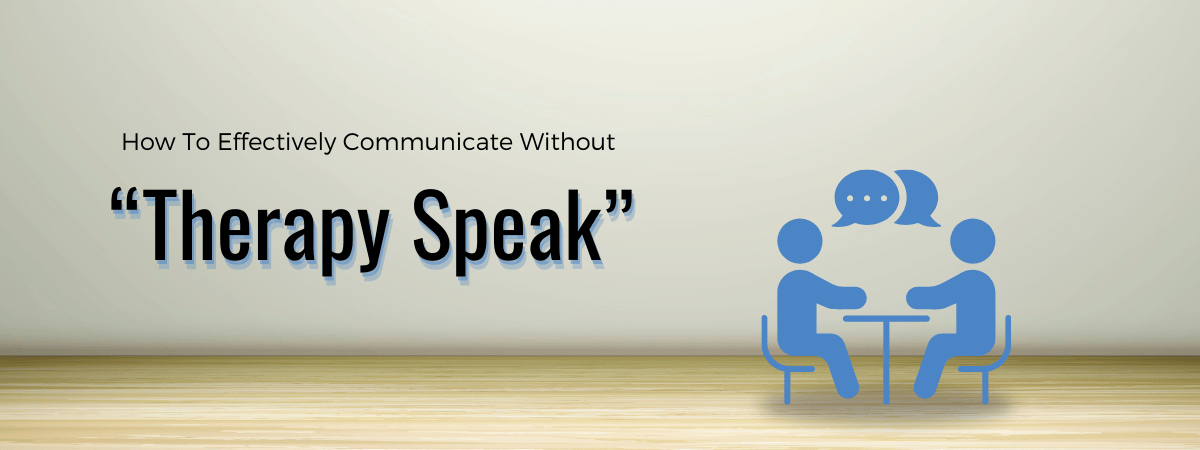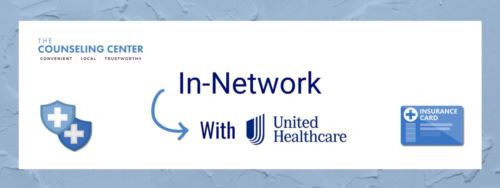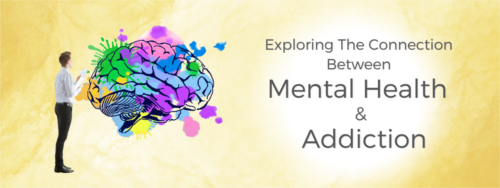

Why You Should Avoid "Therapy Speak" in Regular Conversations
There’s been a greater focus on mental health in recent years, shifting once-taboo topics into public discourse. While this progress is praiseworthy, it has also begun a phenomenon that can hinder meaningful discussions: "therapy speak."
This kind of dialogue is misunderstood, overused, and stretched beyond its intent by unqualified individuals in everyday situations and on modern populist social media like TikTok, Facebook, and more. Find out more about what what therapy speak consists of, how it affects people, and get tips on speaking about mental health treatment in a more productive approach.
What Is Therapy Speak?
Therapy speak is a reference to utilizing psychological jargon, often taken from counseling sessions, in daily discussions. Some expressions have shifted from professional clinical settings and become mainstream in social media posts, headlines, and, even worse, frenzied arguments between loved ones.
When these expressions are overused or misapplied in regular discourse, they can turn into a way to evade more beneficial dialogue and harmfully misread complicated emotions. What could be beneficial discussions often end abruptly with lingering negative repercussions, as individuals with no training or qualifications may inaccurately diagnose themselves or others they care about.
Here are a few cases of therapy speak:
- “I’m setting a boundary,”
- “That’s triggering for me,”
- “Are you doing the work?”
- “Is it a safe space?”
- “Maybe you’re processing your trauma.”
While these terms can be helpful and rewarding within a clinical setting at a licensed facility like The Counseling Center, they are frequently unsuitable in daily life.
Therapy Speak Can Dilute Genuine Conversation
At TCC, we support incorporating mental health practices into everyday life. Even so, we also acknowledge the potential drawbacks of utilizing medical or jargon-heavy language in day-to-day life. Relying on therapy speak can dilute the actual intent of interactions, creating barriers instead of nurturing connection and understanding. We find people frequently utilize therapy speak as a defense mechanism.
There may be an understanding that therapy speak can’t be questioned as it reflects what you could encounter in a clinical setting. Yet proper conversation relies on empathy, mutual understanding, and active listening.
The Affect of Therapy Speak
1. Diminishing Authentic Connections
Overusing therapy speak can make conversations feel impersonal or distant, stripping away the emotional warmth that nurtures genuine connection. It may “therapize” family discussions, transforming meaningful heart-to-heart dialogue into what could sound like a 60-second reel generated by a psychologist on TikTok.
For example, exclaiming to a friend, “I really must hold space for myself right now,” can sound formal and standoffish compared to just verbalizing, “I’m feeling stressed and need a bit of time to think things over.”
2. Misunderstanding and Misuse
Therapeutic expressions have particular meanings within professional contexts. Misapplying terminology like “narcissistic” or “trauma” not only diminishes their real intent but might also perpetuate stigma around mental health diagnoses. Some try to make a quick diagnosis instead of lending an ear and creating time for actual discussion.
The Counseling Center welcomes mindful language that honors the weight of phrases utilized in therapy sessions, as long as they are not misused or diminished in day-to-day conversations. We’ve discovered that therapy speak typically breeds confusion, with many terms employed to invoke morality. This language can act as a shield to guard us from judgment, guilt, or obligation.
3. Avoiding Accountability
While concepts like boundaries and self-care are vital, therapy speak can sometimes be misemployed to eschew accountability or redirect responsibility. To illustrate, declaring, “I’m protecting my boundaries,” to justify hurtful behavior can counteract the honesty and trust necessary in strong relationships. There are always different words to justify selfish or even antagonistic behaviors. The phrase “boundaries” has become specifically galling to mental health therapists.
Therapeutic phrases are now utilized when people just don’t want to do something. Considering all the conflicts that result, you may question whether your “boundary” has more importance than your personal relationship.
How to Effectively Communicate Without Therapy Speak
We feel genuine dialogue doesn’t require complicated terminology. Really, it’s about being kind, straightforward, and sincere. Our counselors have additional helpful tips:
1. Express Yourself From the Heart
Focus on how you feel in lieu of using buzzwords when communicating emotions. For example:
- Rather than: “You’re gaslighting me.”
- Try: “When you say that, it makes me feel like my perspective isn’t being valued.”
2. Put An Emphasis On Understanding
Seek to listen attentively instead of labeling behavior. Counterpoints like “Help me comprehend where you’re coming from” promote constructive communication.
3. Be Mindful of Your Audience
Remember that not every individual is knowledgeable of professional terms. Using simple, relatable language ensures your message resonates more effectively.
4. Use Boundaries Sparingly
Boundaries are vital, but they need to be communicated with care. Rather than: “I’m setting a boundary.” Try: “I have to step back from this discussion for now so I can think about it.”
Therapy provides tools, not word-heavy scripts. Counselors at TCC frequently evaluate how you’re using what you’ve been instructed to ensure it boosts, rather than takes away from, your relationships.
How The Counseling Center Fosters Effective Communication
At The Counseling Center, we strive to empower people with the tools they need to manage their mental health journey while fostering more positive relationships. Our services include:
- Individual Therapy: Private sessions to strengthen self-awareness and boost emotional intelligence.
- Family and Couples Therapy: Helping partners and family members interact more meaningfully and work through conflicts constructively.
- Group Therapy: Creating a safe space for open and honest communication in a nurturing atmosphere. Our counselors emphasize practical, real-life applications of therapeutic ideas, ensuring you can engage meaningfully with others without relying on jargon.
Get Professional Mental Health Support Today
If you’re motivated to enhance your understanding of yourself and elevate your relationships, we’re ready to help. Learn more about our intensive outpatient and outpatient services. If you require immediate help, please contact our 24-hour hotline at 833-248-6271. Working together, we can empower you to communicate with clarity, purpose, and empathy—without sacrificing who you are.



